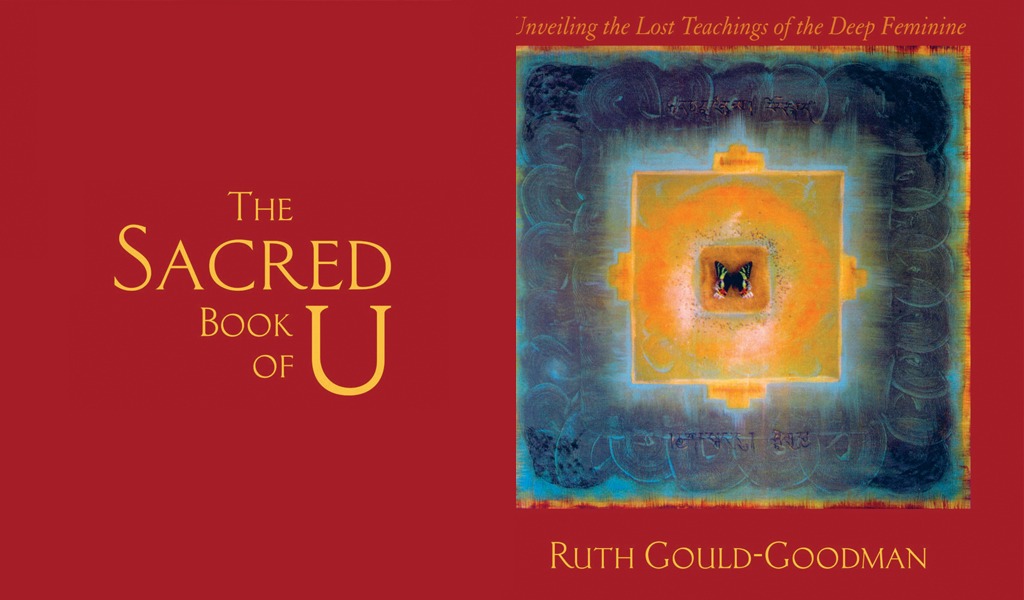“The Sacred Book of U” is about joy and happiness in life. To achieve that, the author, Ruth Gould-Goodman, advises us to listen to the negative aspects of life and take a holistic look at our feelings and emotions. She reminds “U” — the reader, that vital force unfurls fully within us, activating deep healing and comfort for our body, heart, and mind.
The author, being a health and healing professional, explores the movement of the body in order to connect the inner self with the cosmic force. In this process, she recognizes the reasons behind pain and suffering. She elaborates upon the relation between positive thinking and wholeness of the body and the soul.
The Sacred Book of U is loaded with the author’s personal experiences and anecdotes through which she tries to explain how her “dark emotional terrain of Deep Feminine” helped her discover a path of awakening. Ruth differentiates between attention and intention and explains the repercussions of desire. She offers insights into the actions of human beings, “I create my life’s circumstances. When I fail to recognize this, I feel like a victim of my life. My stories are empowered however, when I cast myself as someone who is growing from the experiences I attract.”
Emphasizing the need to get rid of negative forces the author introduces the “Law of Wholeness.” She makes a connection between the self and the “Source.” She believes that negative thoughts attract fearful emotions that may result in anger toward the self.
Ruth’s knowledge and experience in various forms of healing, including the Indian system of yoga and meditation, enables her to understand and explain the “Law of Wholeness, or Oneness.”
Ruth extensively refers to the relation between the breath and awareness. She tells us the importance of breath that could make us realize the power of creativity and connect with the present moment: “We often take breath for granted. Most of us think we are breathing, when actually we are being breathed by life. From the first breath at birth to the moment of death when breath stops, the gift of life is given to us as the breath of Cosmos.”
Another important theme of the book is the “Awareness of Feminine.” Ruth says that this awareness is our internal portal to the womb of Creation, “We gain access to the unformed, deep feminine when we allow birth to occur from deep within us, when we tolerate the Universe’s ache to grow us, to be born through us in form and action.
Mastery of the ‘Deep Feminine’ principle allows this process to proceed unhindered.”
Finally she asks us to believe that God is not far from us. Criticizing religions and philosophies for making the human being confused and feel powerless, she concludes that this teaching keeps us from the real understanding of the Cosmos.
Presenting an analogy with Lord Vishnu who sleeps on the bed of serpents, Sheshanaga, the author asks us to awaken: “I see Vishnu, the Hindu god of stability and preservation, sleeping in my inner imagination. In my dream, we are all cells in the body of Vishnu. Vishnu sleeps because we are asleep. When we all wake up, Vishnu wakes up. This knowledge is essential for us to wake up. Without it, we create a monstrous world instead of a beautiful world.”




